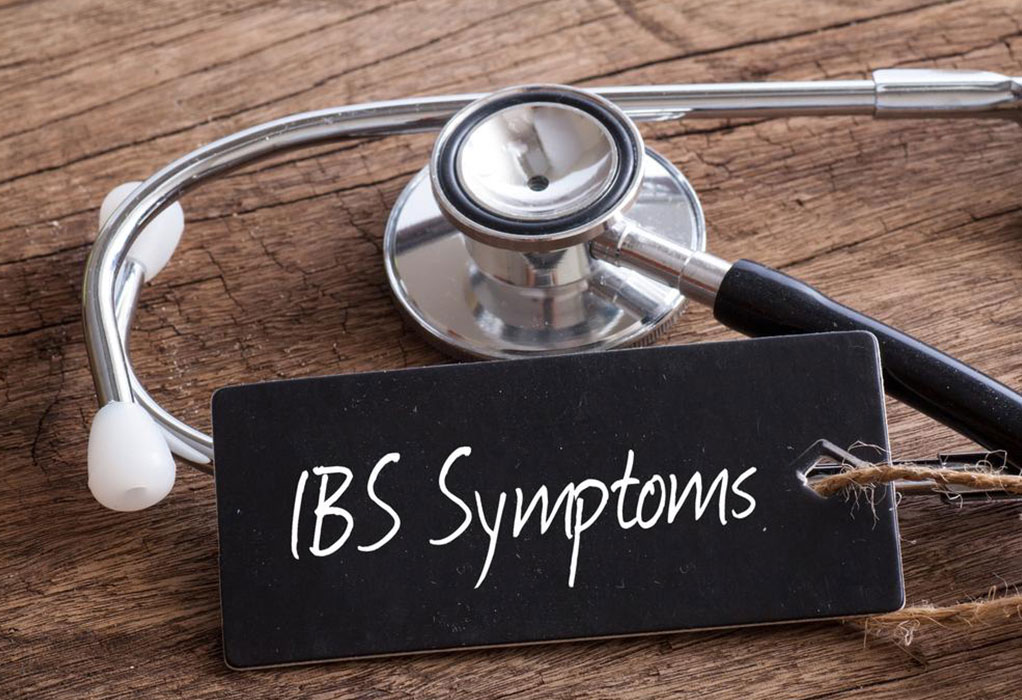Understanding the Causes Behind IBS: Multiple Contributing Factors
This article explores the multiple factors contributing to IBS, including muscle irregularities, nerve sensitivity, psychological stress, and diet triggers. It highlights the complex interplay of physical and mental health in IBS development and offers tips for managing symptoms through stress relief techniques. Understanding these causes can help sufferers improve their quality of life. While the exact cause remains uncertain, recognizing individual triggers and adopting lifestyle changes can significantly alleviate symptoms, making management of IBS more achievable.

Irritable bowel syndrome (IBS) is a prevalent digestive disorder characterized by symptoms such as abdominal pain, irregular bowel habits, and changes in stool consistency. These symptoms persist for at least three days per month over three months. Also known as spastic colon, IBS is non-life-threatening and doesn't increase the risk of severe conditions like colon cancer or Crohn's disease. Some individuals may experience alternating episodes of diarrhea and constipation, which can significantly impact daily life. The exact cause remains unknown, but multiple factors, including muscle contractions and psychological influences, play a role.
In healthy digestion, intestinal muscles relax and contract harmoniously to move food through the tract. In IBS sufferers, this coordination is disrupted, causing either excessive muscle tightening or weakness, leading to symptoms like bloating, gas, diarrhea, or hardened stools. Faulty nerve signaling between the gut and brain is often responsible. Additionally, heightened intestinal sensitivity and stress can intensify symptoms.
Various triggers may provoke IBS episodes, including specific foods (spicy, fatty, or gas-forming items), alcohol, hormonal fluctuations, psychological stress, infections, or changes in gut bacteria. Genetic predisposition and hormonal factors, particularly in women, also influence IBS risk. Mental health issues like depression and anxiety are common in those affected, with stress often exacerbating symptoms. Managing stress through techniques like meditation and yoga can help reduce symptom severity.
Note: As causes vary among individuals, pinpointing exact triggers can be challenging. Awareness and stress management are key steps toward alleviating IBS symptoms.










